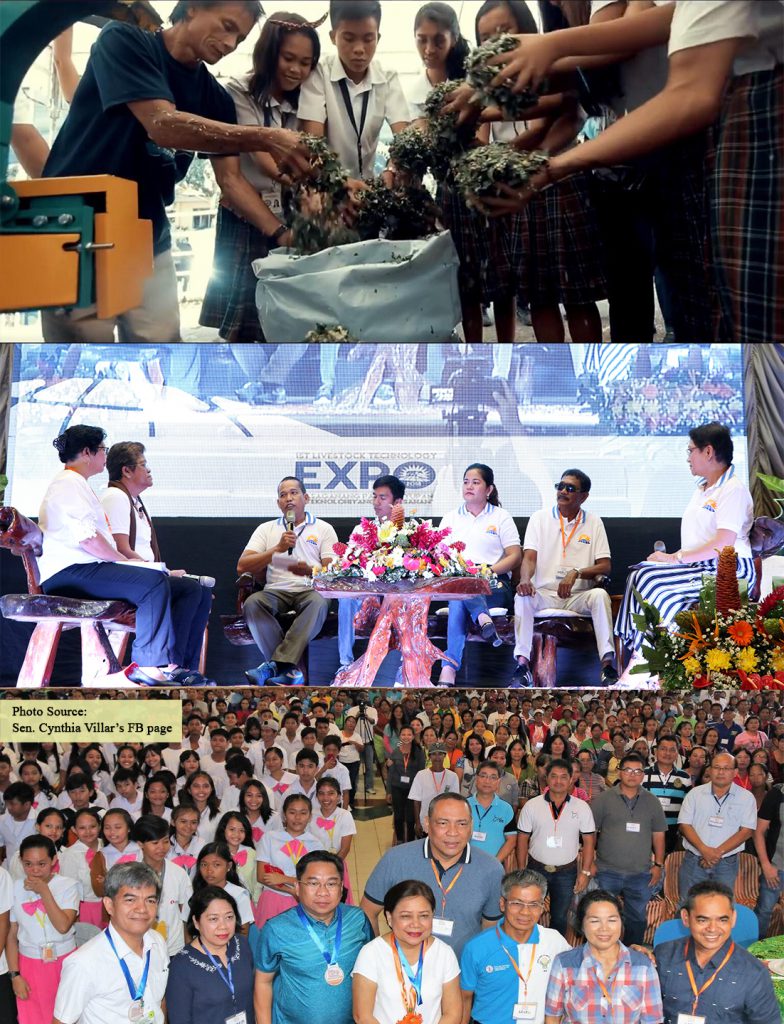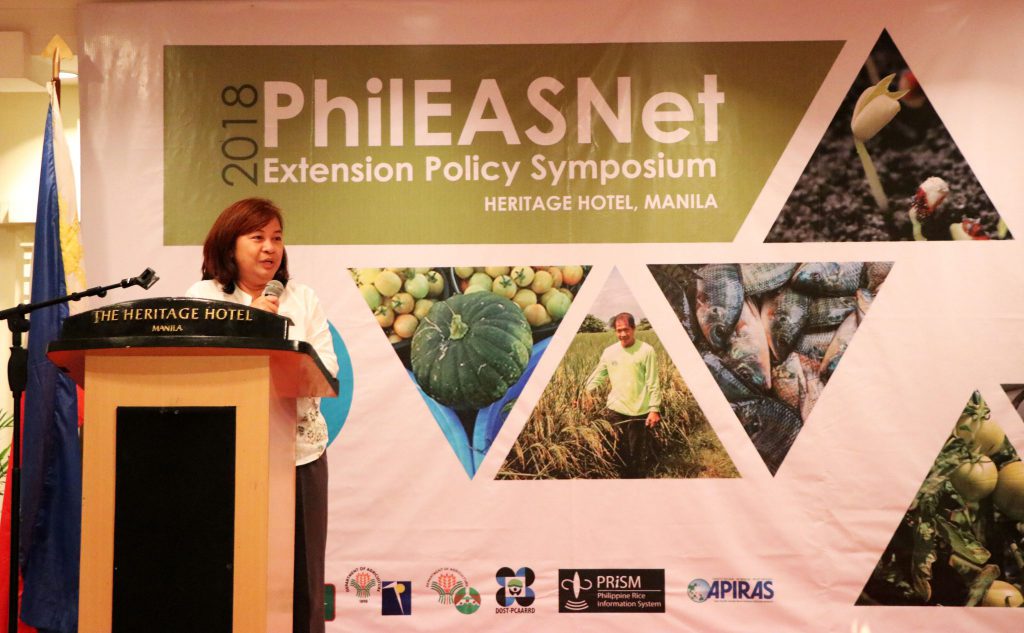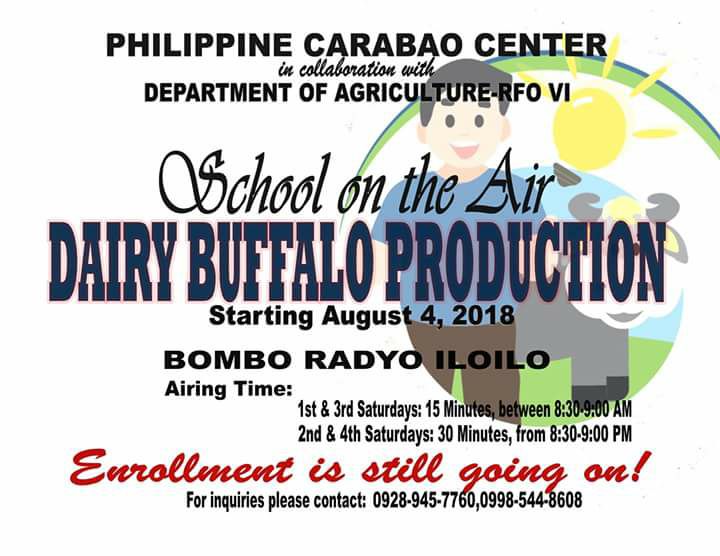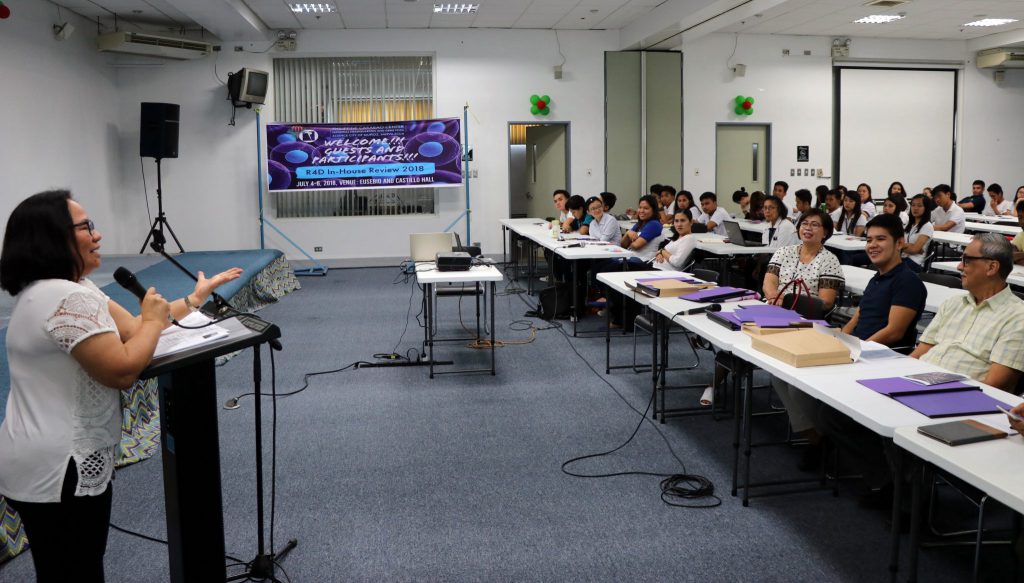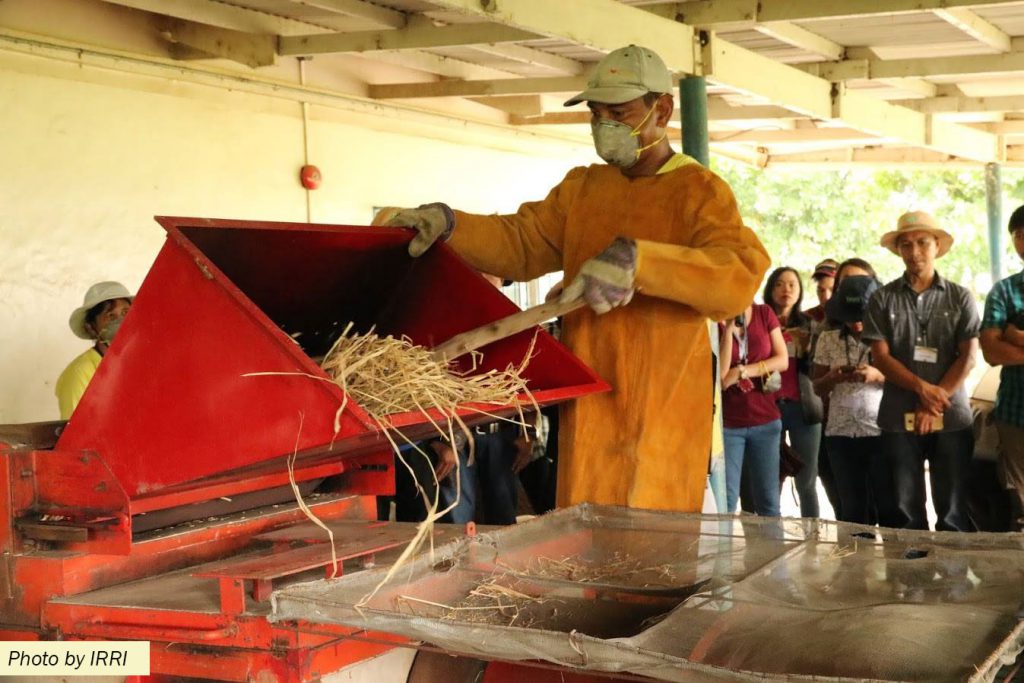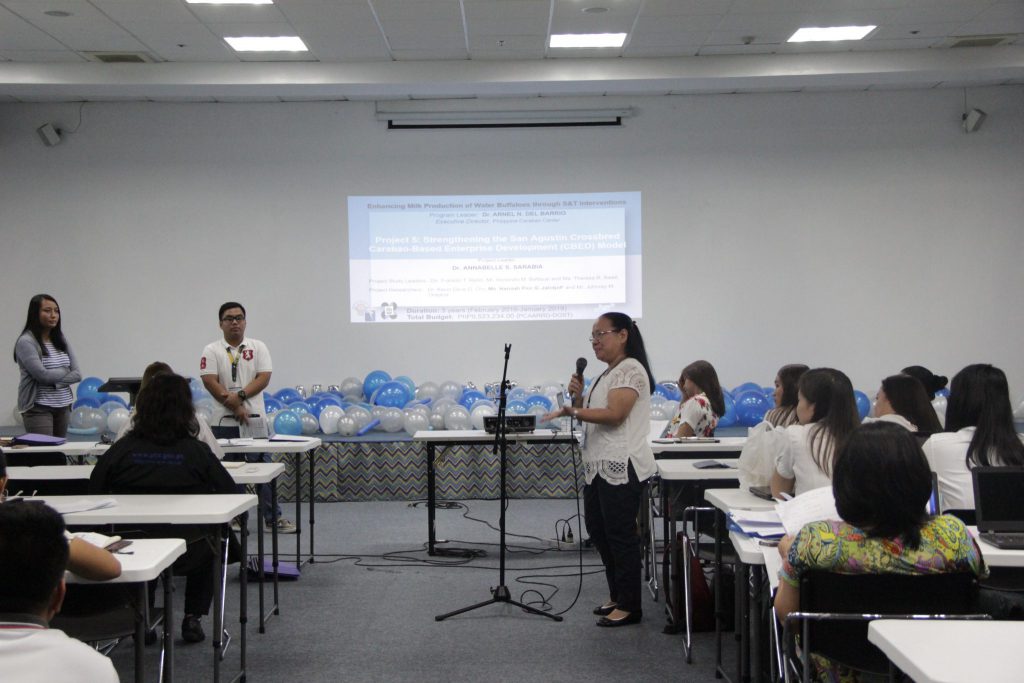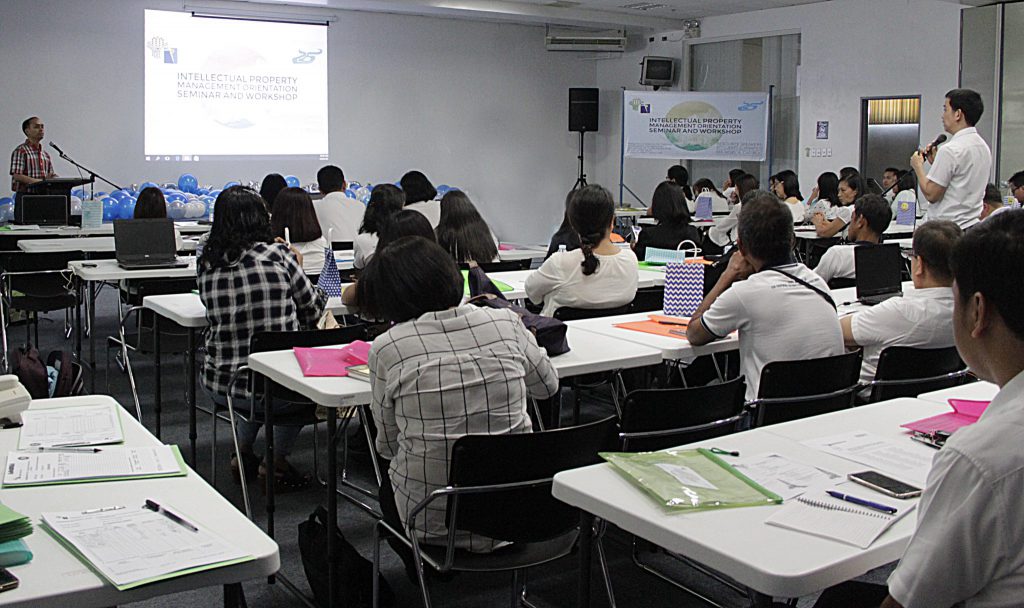Exemplars of good practices and technologies on dairy, swine, poultry, and waste management were presented and aptly discussed during the 1st Livestock Technology Expo held last October 7-10 at the Bohol Cultural Center in Tagbilaran City.
With the theme “Masaganang Paghahayupan sa Teknolohiyang Maaasahan”, the exposition was conducted simultaneously with two other events: the 4th National Carabao Conference and the 4th Bohol Milk Festival.
The three-in-one event was organized by the Department of Agriculture and its livestock agencies comprised of the Philippine Carabao Center (PCC), Agricultural Training Institute- International Training Center on Pig Husbandry (ATI-ITCPH), Bureau of Animal Industry (BAI), National Dairy Authority (NDA), and National Meat Inspection Service (NMIS). It was held in cooperation with the Provincial Government of Bohol and the Bureau of Agricultural Research.
“We’ve observed that we conducted so many researches in the previous years but none of those seemed to reach the farmers. That’s why we are holding this activity, with the harmonization of all livestock agencies to make sure that all the researches that we conduct will reach and benefit the farmers,” Assistant Secretary for Livestock Enrico Garzon Jr. said.
He added that it will be useless if farmers wouldn’t be informed about those researches and technologies.
He believes that with the utilization of apt technologies, farmers will be more productive.
PCC Executive Director Dr. Arnel del Barrio, on the other hand, encouraged farmers not to be afraid of the new and modern technologies because the adoption and implementation of these technologies will also help promote and develop the livestock industry as well as their own endeavors.
“The technologies that we have here are already proven and tested. They are ready-to-use,” he averred.
He added: “We all have our technologies and best practices to share that’s why we are gathered here to learn from one another and from our speakers, which include stakeholders and value chain players in the livestock industry.”
The event featured plenaries and panel discussions on “Pamamahala ng Kooperatiba tungo sa Maunlad na Negosyong Kalabawan (Proper Management of Cooperative toward a Progressive Carabao-based Enterprise)” by Ma. Elena Limocon, General Manager of Lamac Multi-Purpose Cooperative; “Kahanga-hangang mga Magsasaka sa Kalabawan (Best Practices of Champion Farmers)” by Henry Orbino, 2017 PCC Outstanding Dairy Farmer; and “Kahanga-hangang mga Produkto at Negosyo sa Gatas (Dairy Products and Enterprises)” by Erika Ng Wong of Karabella Dairy.
Panel discussions of exemplary technologies on NDA Communal Farming Scheme, Waste Management, Itik Pinas, and Native Chicken were also conducted. Other technologies discussed and presented were Lactic Acid Bacterial Solution, Silage Making, Uterine Flushing, and Mozarella and Butter production.
Senator Cynthia Villar, chair of the Senate Committee on Agriculture and Food who served as the guest of honor during the event, commended the dairy industry of Bohol specifically referring to the town of Ubay, where she met a group of women-dairy farmers. She noted that the province is worthy of the title “Dairy Capital of the Philippines”.
She also urged farmers to organize their own associations or cooperatives, and learn how to process and market their harvested milk and resulting products development.
“I hope that through this kind of gathering, we will be able to teach our farmers to be more knowledgeable, competitive and profitable,” she said.
Senator Villar stated the Senate Policy Directions on Local Dairy Development and assured that bigger funds are coming to boost further the performance of livestock, poultry and dairy in the country.
“I strongly endorsed the allotment of a higher budget for livestock and poultry during the Senate deliberations on the 2018 budget of the DA. I will do my best for the enactment of a relevant bill that I authored very soon. This is the only way we can help our dairy farmers improve their income and livelihood,” she stressed.
She also extended her gratitude to the farmers present in the event saying: “Without you, we Filipinos, won’t be able to eat meat and dairy products, so keep up your good work because you are our hope toward a sustainable livestock and dairy industry.”
The tri-fold event was participated in by more than a thousand participants composed of farmers, members of different cooperatives and associations, students, and stakeholders of the livestock industry across the country.

